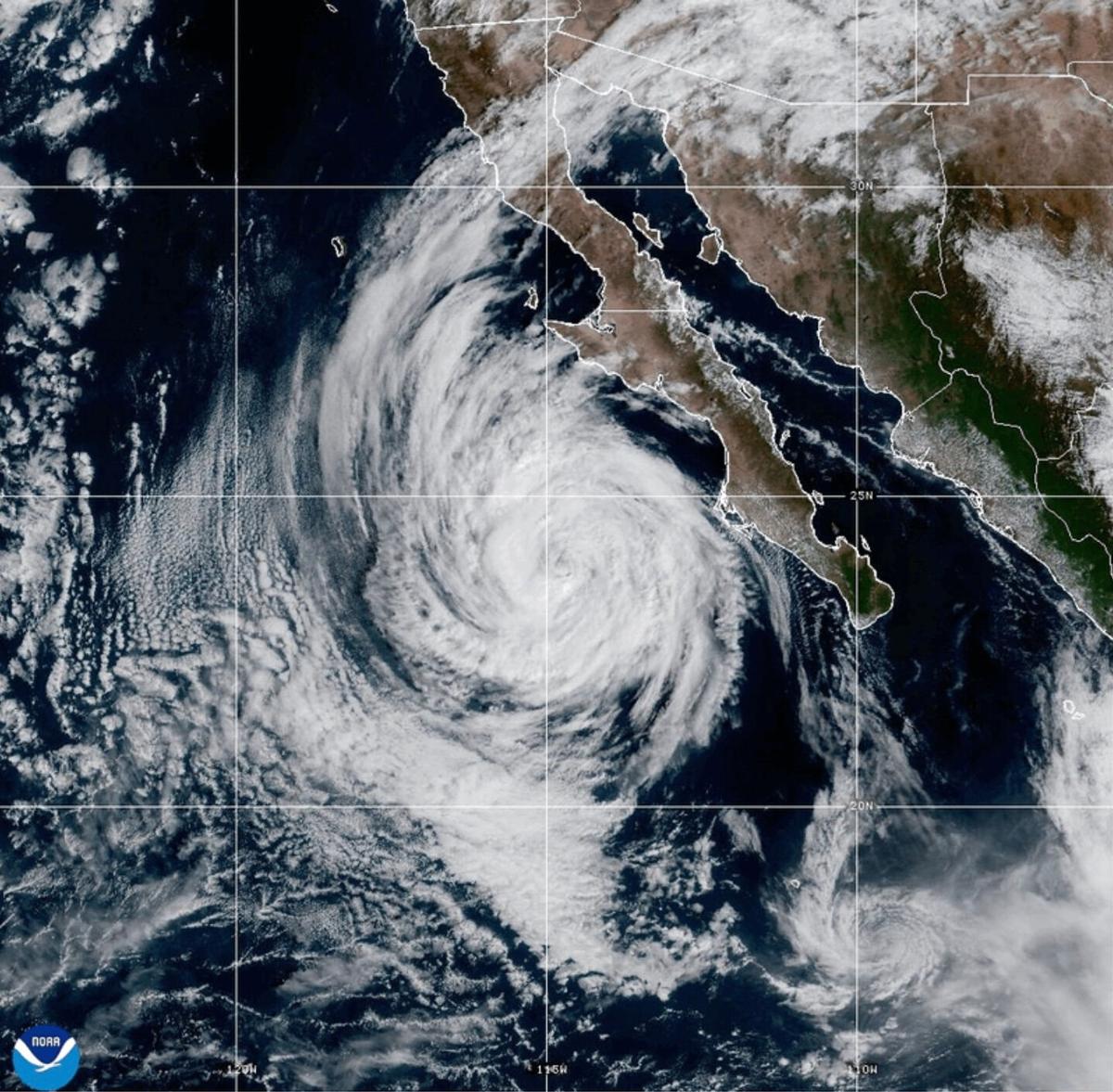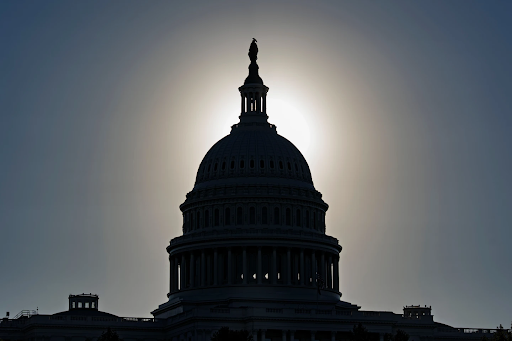Wildfire Precautions
How do wildfires start, and how can people deal with them?
The 1988 fires in Yellowstone National Park.
November 15, 2020
According to the Los Angeles Times, around 84% of wildfires are caused by human activity. This means that only 16% percent of wildfires happen naturally.
Most man-made causes are from power lines and electrical equipment, such as the Camp Fire in 2018, the deadliest California fire ever. Other cases of fires are from illegal campfires and cigarettes that weren’t put out properly. Natural wildfires are mostly caused by lighting, which was the main cause of the Yellowstone fires in 1988.
The USDA states that their main focuses on wildfires are to be able to forecast, manage, and fight them. Part of this process is the rehabilitation and restoration of forest life that is damaged by fires.
Fires are reported and monitored by weather services and wildfire agencies, to ensure that things run smoothly and safely. This way, they know what potential threats to expect. While many fires will simply die down over time, they can become a threat if they grow too large or spread towards humans. When they do become a threat, the goal is to suppress them. When fires are put out, the main focus is on repairing infrastructure and restoring the forest. The Burned Area Emergency Response team (BAER) makes sure that post-threats are watched and taken care of if necessary to prevent future damage of wildlife.
When the area where you live can have a potential danger of wildfires, you need to know how to prepare yourself. Ready gives an explanation on how to stay safe in these situations, and how to prepare if something happens.
Always stay up to date with any local news or alerts. This way, you know what’s going on and can stay safe prior to any danger. Always have a plan, so if a wildfire were to be reported, you know what to do and how to deal with it. Always make sure your personal items are safe, such as important documents— saving these online can help. Make sure your house is a safe one. If you live near an area with a history of fires, you’ll want to have a fire-resistant house. Knowing where to evacuate is important too. This way if a fire were to happen, you’ll be able to leave safely and hopefully stay out of harm’s way. Keep the things you need with you, in case you need them later on, and don’t enter the area again until authorities say it is safe.
By taking all these precautions and learning more about wildfires, you could be teaching yourself a valuable lesson and save yourself one day. Even if fires aren’t in your area, it is important to know how to deal with them in case you get caught in one. This isn’t something you should stress out about, but thinking twice can help you. There are many resources available to stay safe in these situations.









